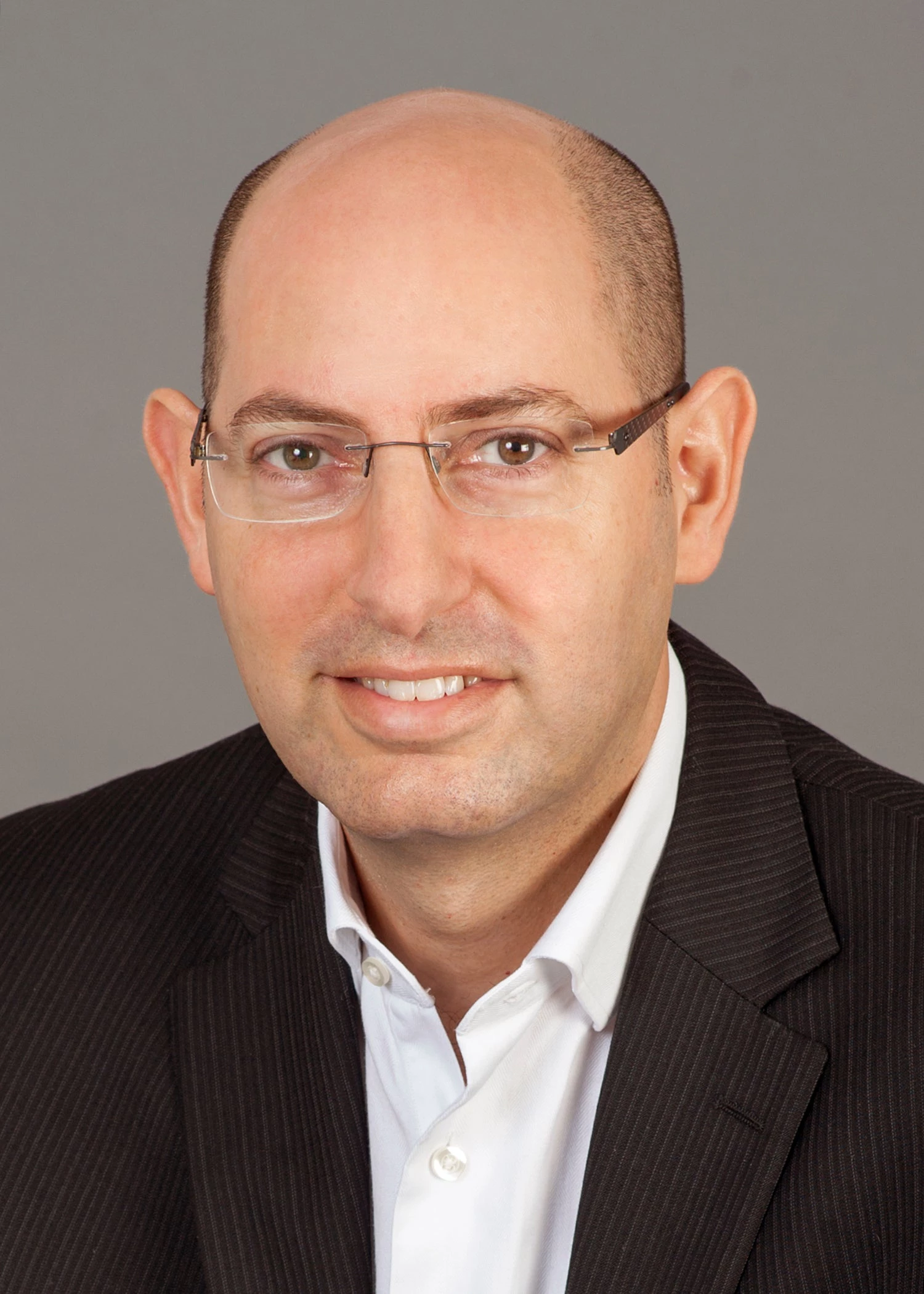 Tunisia is one of the most secular countries in the Arab region, and it has one of the most developed education systems. Yet, young people from there are attracted in their thousands—like in no other country—to jihadism. The answer to “why?” may lie in the classroom, where radical movements prey on children in elementary and high school, and most especially on vulnerable children who feel marginalized from mainstream society.
Tunisia is one of the most secular countries in the Arab region, and it has one of the most developed education systems. Yet, young people from there are attracted in their thousands—like in no other country—to jihadism. The answer to “why?” may lie in the classroom, where radical movements prey on children in elementary and high school, and most especially on vulnerable children who feel marginalized from mainstream society.
For a long time, the issue of violence in the classroom was suppressed under the strict public information policies of the old, authoritarian regime. But the 2011 Jasmine Revolution, which brought about a change in political freedom and an awakening of civil society in Tunisia, also exposed what has really been happening behind school doors.
Nowadays, radicalization and violence in schools are no longer taboo subjects of discussion.
In May, the Union générale tunisienne du travail (Tunisian National Workers’ Union) joined up with the World Bank, Center for Mediterranean Integration (CMI), and institutions working on education, to discuss—for the first time—the prevention of school violence and its possible links to radicalization. They met with members of civil society, schools, and development organizations in Tunis, to explore possible solutions and raise public awareness.
Professor Farhad Khroskhovar, Director of France’s Centre d'Analyse et d'Intervention Sociologiques, Ecole des Hautes Etudes en Sciences Sociales, has found similarities in the paths to jihadism in France and Tunisia, starting with children who live amid weakened family structures in poor, urban suburbs and housing projects. Any problems they experience at school may lead them to drop out of school early; any involvement in juvenile crime may mean they end up in prison, where the marginalization process completes itself.
This pattern is supported by the findings of Rim Ben Ismail, a Tunisian psychologist who has worked with returned jihadists. Ben Ismail has found that former jihadists do not describe themselves as revolutionaries, or even as strong believers in a cause, but rather they describe themselves as feeling marginalized and lacking any specific aim in life.
Many young Tunisians lack moral and other support from within the school system and society at large. According to statistics from Tunisia’s Ministry of Education, violence in schools is strongly related to an individual’s learning difficulties and to the absence of family support. Even if violence does not always lead to radicalization, in all instances it has devastating effects on the student’s psyche and performance.
Violence taints the quality of a learning environment, undermining the entire school system.
What can Tunisians do to minimize this? Is radicalization a process where unaddressed grievances (giving rise to economic, social, and political exclusion) converge with powerful narratives aimed at youth, who may be seeking to redress and confront perceived injustices? If it offers social networks, and comes with group dynamics that reinforce the notion of identity and shared purpose, young people are more likely to enroll in it, as a new belief system that could lead to radicalized actions.
Even violent youth, not yet enrolled in such a belief system, might be driven toward it by feelings of disfranchisement and exclusion.
Plans for preventing radicalization need to address grievances and exclusion , give youth hope through compelling counter narratives, and provide them tangible means (jobs, services, and a voice) to achieve these. They also need to strengthen networks around a positive purpose.
Lessons have been learned from other countries: In the 1970s, the United States dealt with an epidemic of school violence with nation-wide programs on “ positive discipline”. In Canada, peer mediation, civic engagement, conflict resolution and other soft skills are used in schools to counter bullying and violence.
These examples are among those that have helped Tunisian organizations identify measures to prevent school violence and the risk of radicalization. As a result, they have agreed on a plan for improving the schooling environment, including infrastructure and governance. Their conversation continued at the Global Youth Forum organized recently in Washington, DC.




Join the Conversation